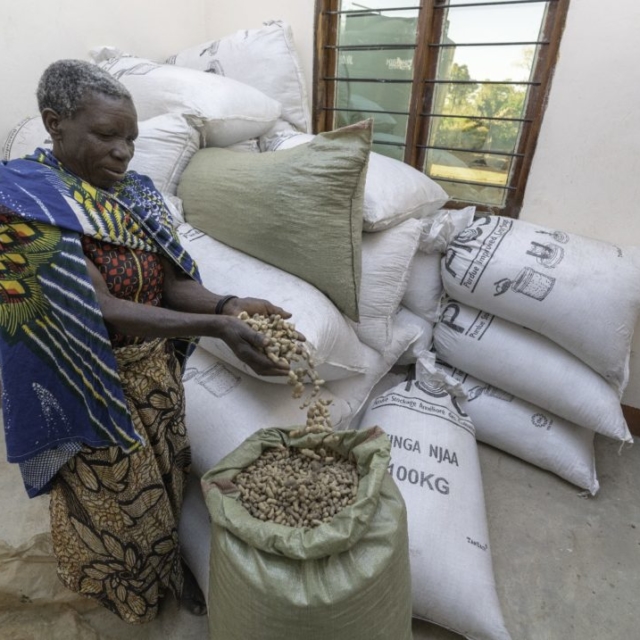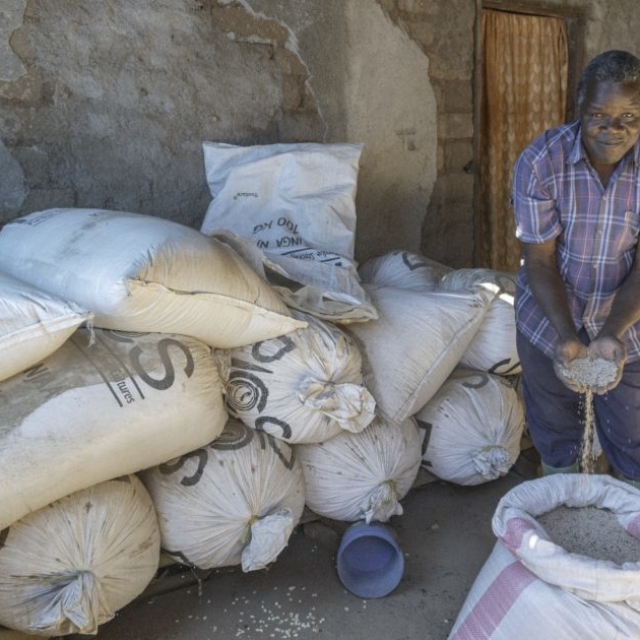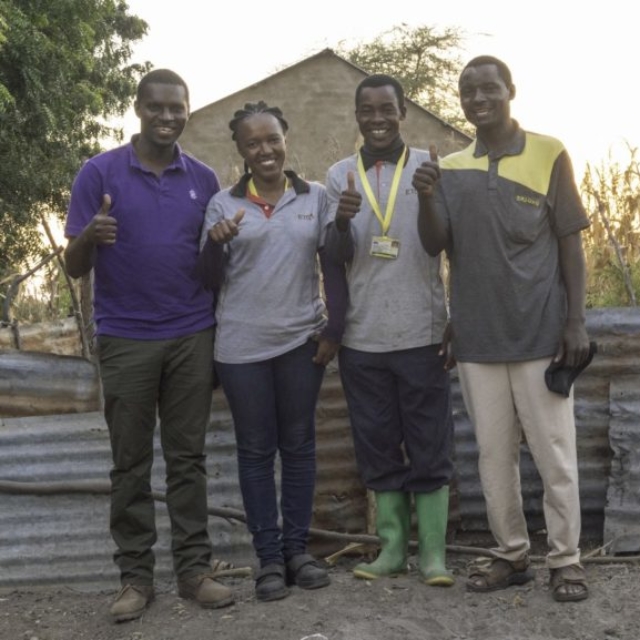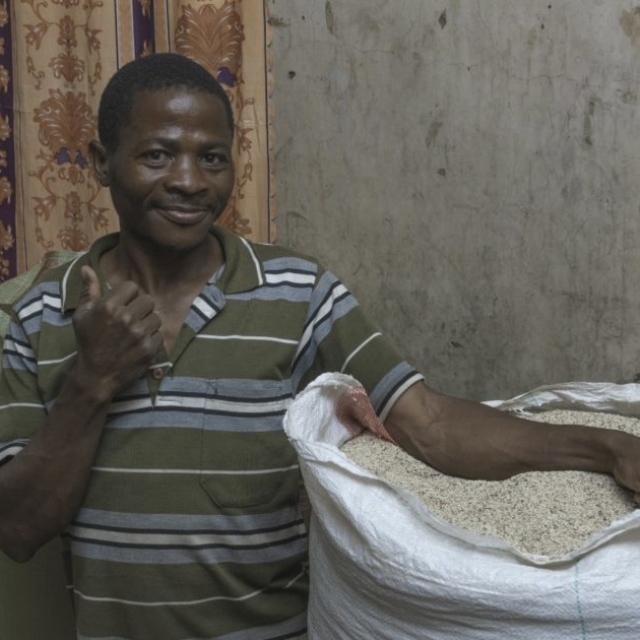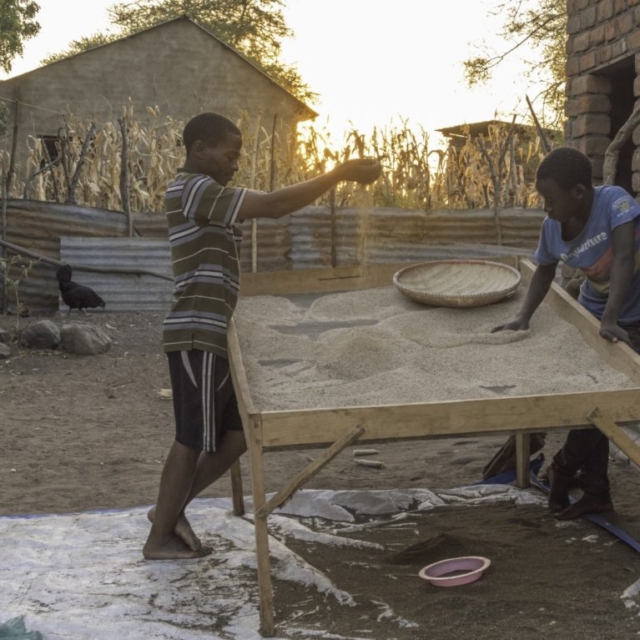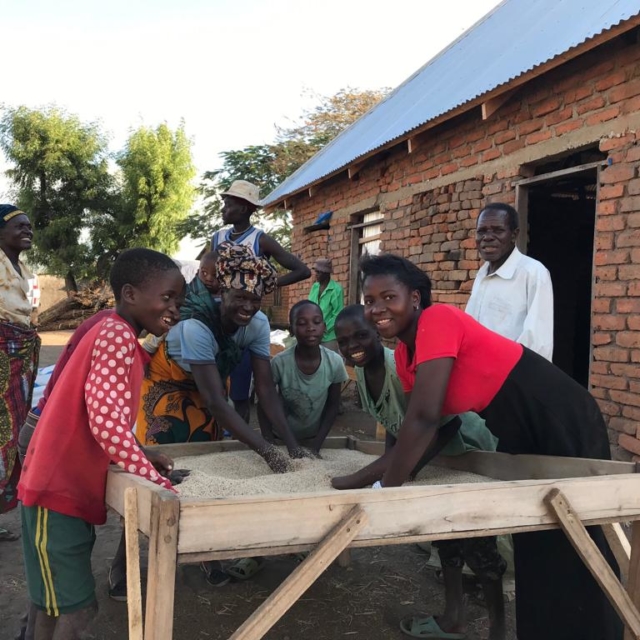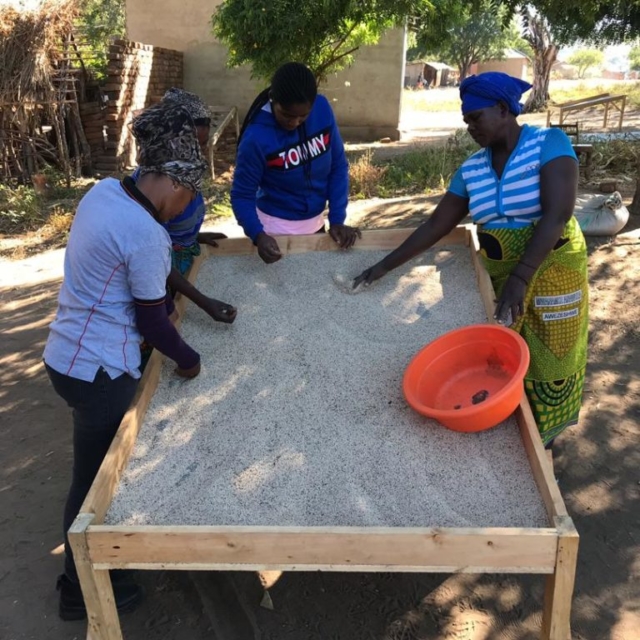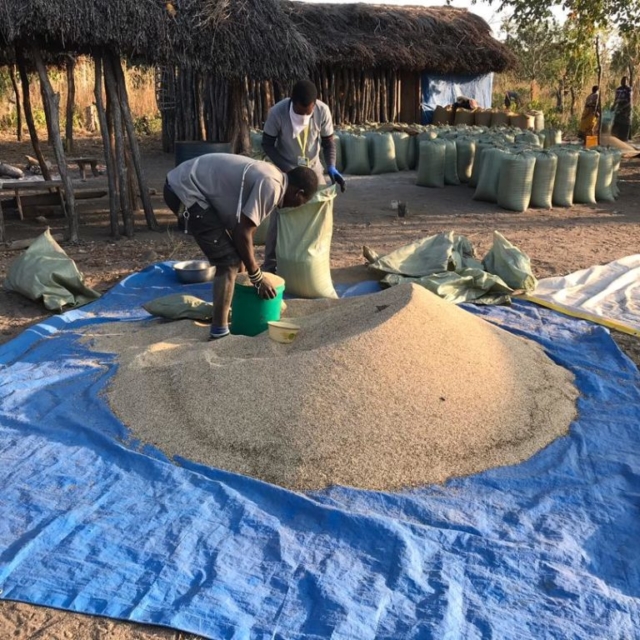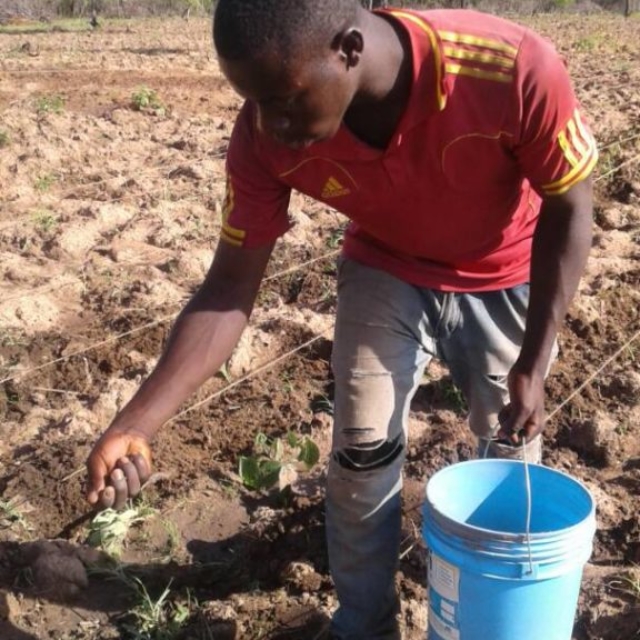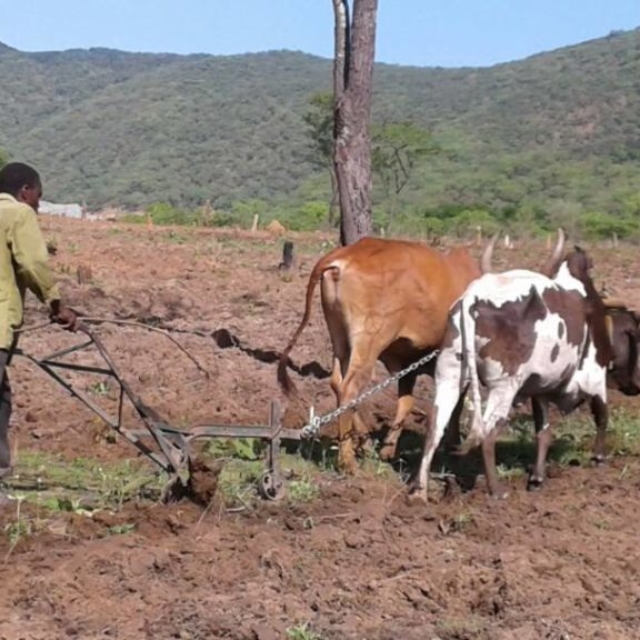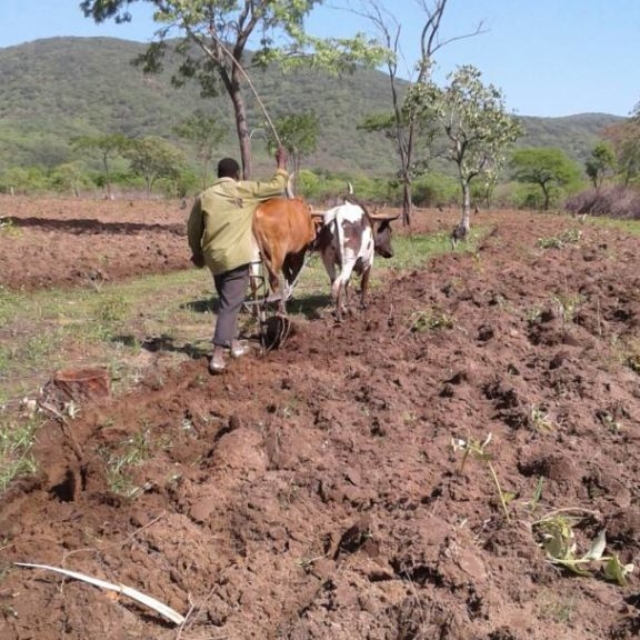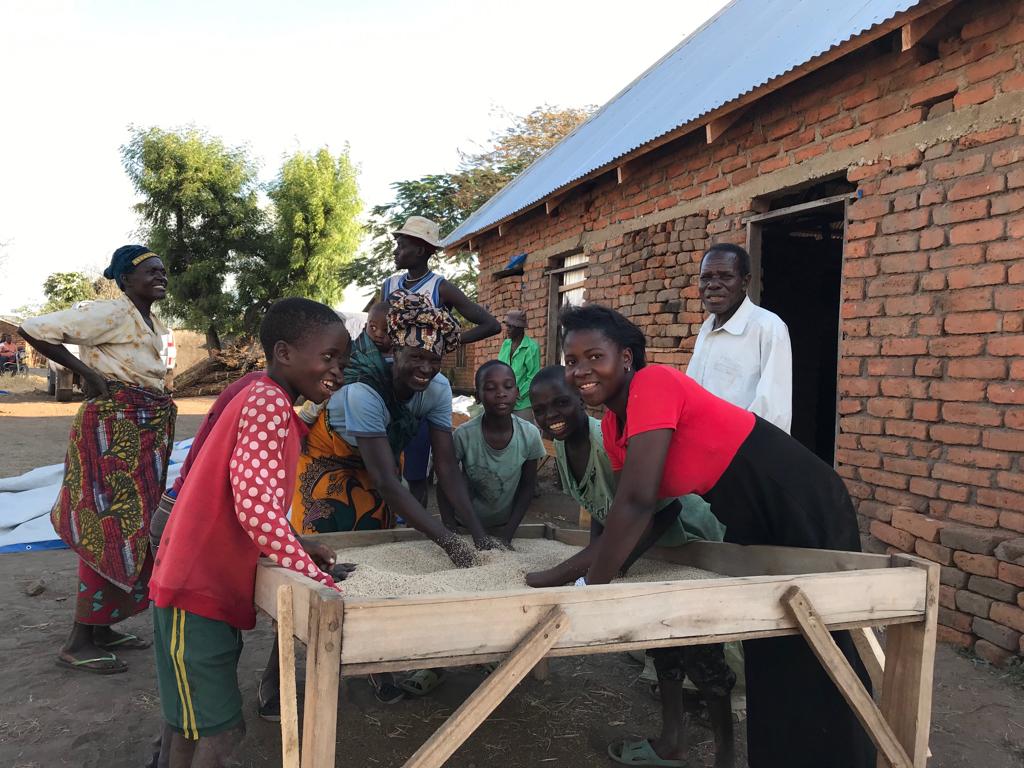
Shanta Mine Agricultural Project (SMAP)
GOAL
to increase the net income and the overall well-being of 1,500 smallholder farmers through agricultural production in the villages surrounding the Shanta New Luika Gold Mine, Songwe Region and provide an alternative to artisanal mining
LOCATION
Songwe Region, Tanzania
DURATION-
2016
-
2020
FARMERS
1500
VALUE CHAINS
Chickpea, Maize, Pigeon Pea
PARTNERS
ETC Group (ETG), Shanta Gold Mine Ltd
FUNDING
USD 308,600
Shanta Mine Agricultural Project (SMAP)
The Shanta Mine Agricultural Project (SMAP), focused on raising the net income and overall well-being of families through agriculture in the villages surrounding the gold mine in Songwe District, Tanzania. Resettled families were supported to sustainably enhance their food production, in addition to strengthening and empowering farmers from four villages around the mine to improve their agricultural productivity. SMAP provided seeds and comprehensive training in good agricultural practices, conservation agriculture, and basic business skills. The focus villages - Maleza, Mbangala, Patamela, and Saza - witnessed the establishment of Village Agricultural Marketing and Cooperative Societies (AMCOS), registered in the regional capital, Mbozi. Initially, 350 farmers were registered, however, during the project this increased to 1,500, 32% of which were women.
In a bid to further empower farmers, SMAP distributed seed loans and established a WhatsApp group for effective communication and information exchange amongst 25 lead farmers. As the project progressed into its third year, seeds were provided as a grant, to encourage more farmers to transition to the higher-yielding Lindi White sesame. EFF facilitated the procurement of sesame, linking the farmers to ETG, and ensuring a premium price for Grade A sesame. A Quality Declared Seed scheme was also established to ensure access to affordable and locally available good quality seeds.
The positive impact of SMAP extended beyond immediate agricultural gains. It created a sustainable agricultural infrastructure in the area, fostering economic growth and enhancing the overall livelihoods of the participating farmers. The collaborative efforts between Shanta Gold Ltd and EFF exemplify how partnerships can play a pivotal role in creating lasting positive change in local communities.

